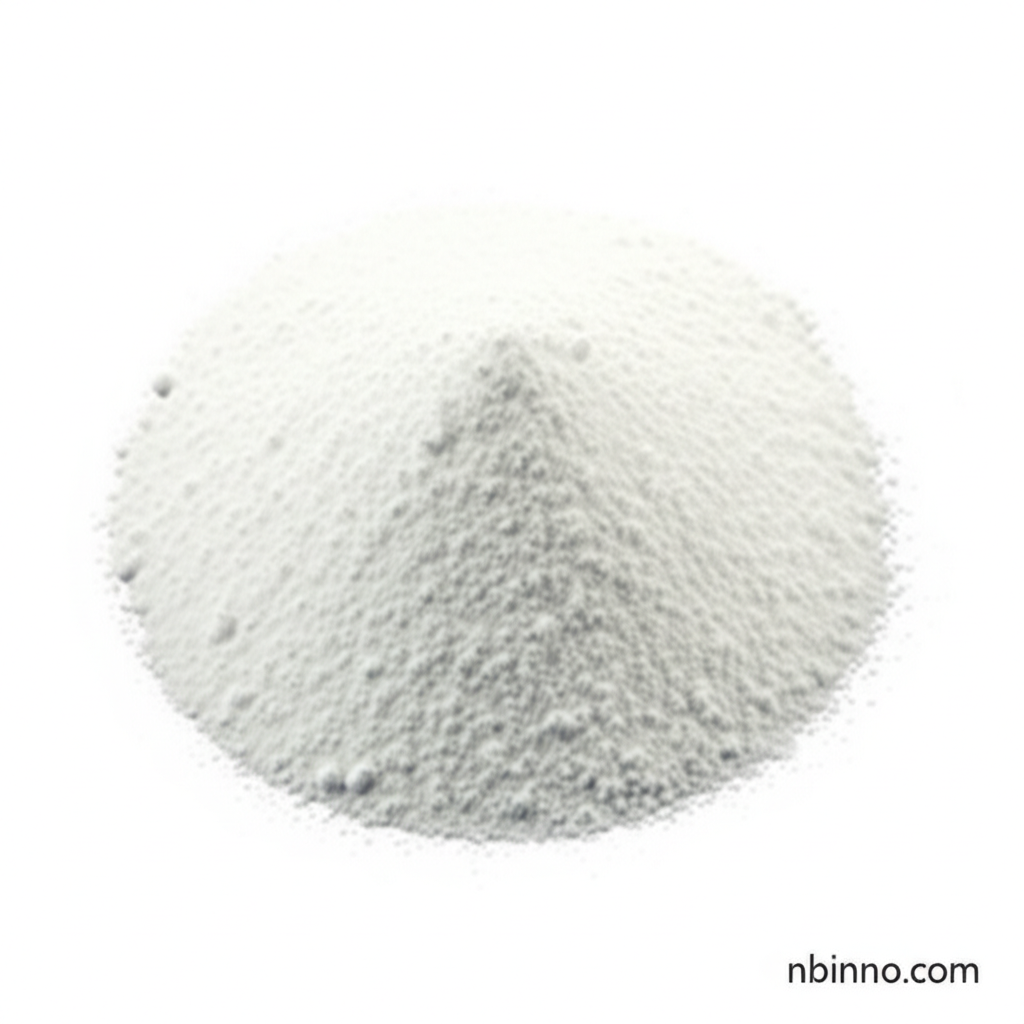4-Nitrophenyl Chloroformate: A Versatile Reagent for Chemical Synthesis and Bioconjugation
Unlock advanced chemical transformations with our high-purity 4-Nitrophenyl Chloroformate.
Get a Quote & SampleProduct Core Value

4-Nitrophenyl Chloroformate
4-Nitrophenyl chloroformate (4-NPC) is a crucial reagent in modern organic and biochemical synthesis, recognized for its role in activating nucleophiles to form stable linkages. Its electrophilic nature makes it ideal for forming carbonates and carbamates, replacing hazardous alternatives like phosgene in many laboratory and industrial processes. This versatility underpins its utility in pharmaceuticals, materials science, and complex molecule synthesis.
- As a nucleoside hydroxy and amino protecting agent, 4-nitrophenyl chloroformate safeguards critical functional groups during multi-step synthesis.
- This compound is instrumental in the synthesis of ritonavir, a key antiviral medication, showcasing its pharmaceutical importance.
- It functions as a cleavable, heterobifunctional cross-linker, facilitating precise bioconjugation techniques for drug delivery and diagnostics.
- The ability to form stable carbamate intermediates makes it a preferred choice for protein immobilization and modifying biomaterial surfaces.
Key Advantages
Enhanced Reactivity
The para-nitro group on the phenyl ring significantly enhances the electrophilicity of the carbonyl carbon, leading to faster and more efficient reactions with nucleophiles compared to similar reagents.
Phosgene Alternative
It serves as a safer alternative to phosgene gas in the synthesis of carbonates and carbamates, reducing operational hazards and improving industrial safety protocols.
Versatile Applications
From protecting hydroxyl groups in nucleosides to facilitating antibody labeling and creating controlled release systems, its broad applicability spans various scientific disciplines.
Key Applications
Pharmaceutical Synthesis
Utilized as a critical intermediate in the synthesis of active pharmaceutical ingredients and prodrugs, playing a key role in developing novel therapeutics.
Biomaterial Modification
Essential for protein immobilization on surfaces and the synthesis of advanced biomaterials for drug delivery systems and tissue engineering applications.
Peptide Coupling
Functions effectively in peptide synthesis by activating amino acids, enabling the formation of peptide bonds for biomolecular research.
Bioconjugation
Acts as a versatile cross-linker, allowing for the conjugation of biomolecules like antibodies and DNA for diagnostic assays and targeted delivery.
